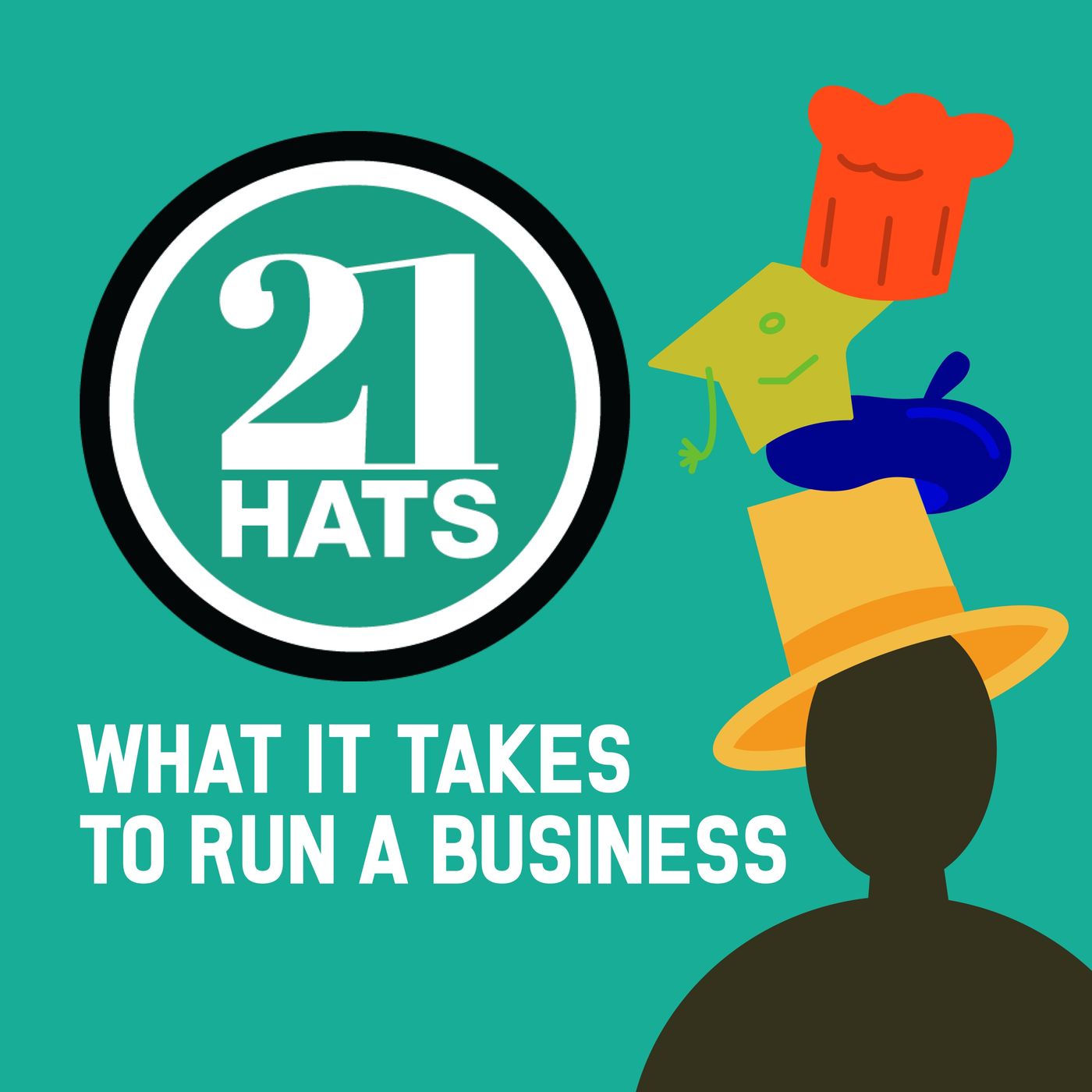ESOPs Are Great. But Not for Me
Last week, Jay Goltz continued his exploration of employee ownership, flying to Portland to meet up with Shawn Busse and Jim Kalb, a friend of 21 Hats who has already sold a portion of his business to his employees. The three owners planned to attend a conference promoting employee stock ownership, but things went somewhat awry. Jay and Shawn left the conference early, Jim canceled his flight, and as has happened before in his brushes with ESOP professionals, Jay walked away feeling convinced—convinced, that is, that an ESOP probably isn’t right for him. Two days later, we taped this podcast episode, which quickly turned into one of the more raucohttps://21hats.com/us conversations you are likely to hear about a somewhat technical business topic—although we did manage to find some clarity in the end. In Jay’s words, we agreed to agree.Along the way, we confronted quite a few relevant questions, such as, do ESOPs have to be so confusing? Are the professionals who pitch ESOPs trying to make them seem complicated? If Jay wants to sell 30 percent of his business to his employees but continue running it, how much control would he have to give up? Will an ESOP make life easier or harder for Jay’s two sons in the business? Instead of an ESOP, could Jay accomplish most of what he wants to accomplish by setting up a profit-sharing bonus plan through his 401(k)? Hanging over the conversation was a larger, more philosophical issue: What exactly do business owners owe their employees? And whatever those obligations are, do they extend beyond the sale of the business? Do they extend beyond the grave?
 Sign in
Sign in Sign in
Sign in Sign in
Sign in

















































